Regular performance review is an essential activity in any business, without careful monitoring of performance, organisations of any size will rapidly find themselves out of step with target markets and limited in the level of success they can achieve.
When looking at the individual level, performance reviews sit squarely in the remit of the HR function, who need to ensure transparent, effective, and efficient processes are in place.
What is a performance review?
The formal performance review is an opportunity for a manager and employee to sit down and assess an individual’s performance at work. It is an opportunity for both parties to openly discuss strengths or weaknesses, offer honest feedback, and set goals to help drive performance in the future.
A well run and managed performance review will reinforce positive behaviours and help employees understand how they can effectively tackle areas where they are struggling. It will ensure they are aligned to company goals and understand how they are contributing to wider success. The review gives managers the opportunity to recognise high performers and identify issues to be addressed before they become significant problems.
How to review employee performance effectively
Preparation is the key for a good performance review, make sure both the manager and employee have the time to prepare and a clear understanding of what to expect during the review. Also, look at ways that feedback can be given and captured in the period between formal reviews, this will help all those involved have a more rounded picture of recent performance.
Some key things that should be encouraged to prepare for a performance review:
- Notes to guide the conversation – Both participants should have the opportunity to make notes ahead of the review. This will make sure they have had a chance to think about important points they want to raise and key items they want on the agenda.
- Honest evaluation – Employees should feel comfortable and confident enough to honestly evaluate their personal performance. This will make them much more receptive to feedback and open to new ideas.
- Come with examples – Make sure concrete examples of good performance and areas that need improvement are available. By having specific examples to discuss, a more constructive and productive conversation can be had, and important learnings will be more likely to be captured.
- Questions at the ready – Employees and managers should make sure they have thought-provoking and appropriate questions outlined before the review, questions will help encourage engagement and listening.
Common things that can derail a review or reduce the quality of the process.
- Criticism with no examples – Giving criticism without supporting evidence is unlikely to lead to positive learnings being taken. It will often make participants defensive and reduce the opportunities for open discussion.
- Head-to-head comparisons – While healthy competition is often a positive motivator for co-workers, using specific individual comparisons to highlight good or bad performance will often lead to more combative than collaborative working relationships.
- Praise for praise’s sake – Giving praise and recognising success is an important part of the performance review but unearned praise or praise given purely for something positive to say is a false economy that will undermine legitimate praise delivered in the long run.
- Unfounded speculation – Ensure that the conversations are based on accurate data and real-life examples of behaviour, using anecdotal information could lead to misplaced assumptions and create unintended conflict.
- Ultimatums and sweeping generalisations – The performance review should be a positive and motivational experience, drawing lines in the sand or overriding the contributions of an employee due to a bias perception will be detrimental to performance.
Contact us on 07375 097443 or e-mail enquiries@lbjconsultants.co.uk to arrange an appointment to discuss how we can help your business.


